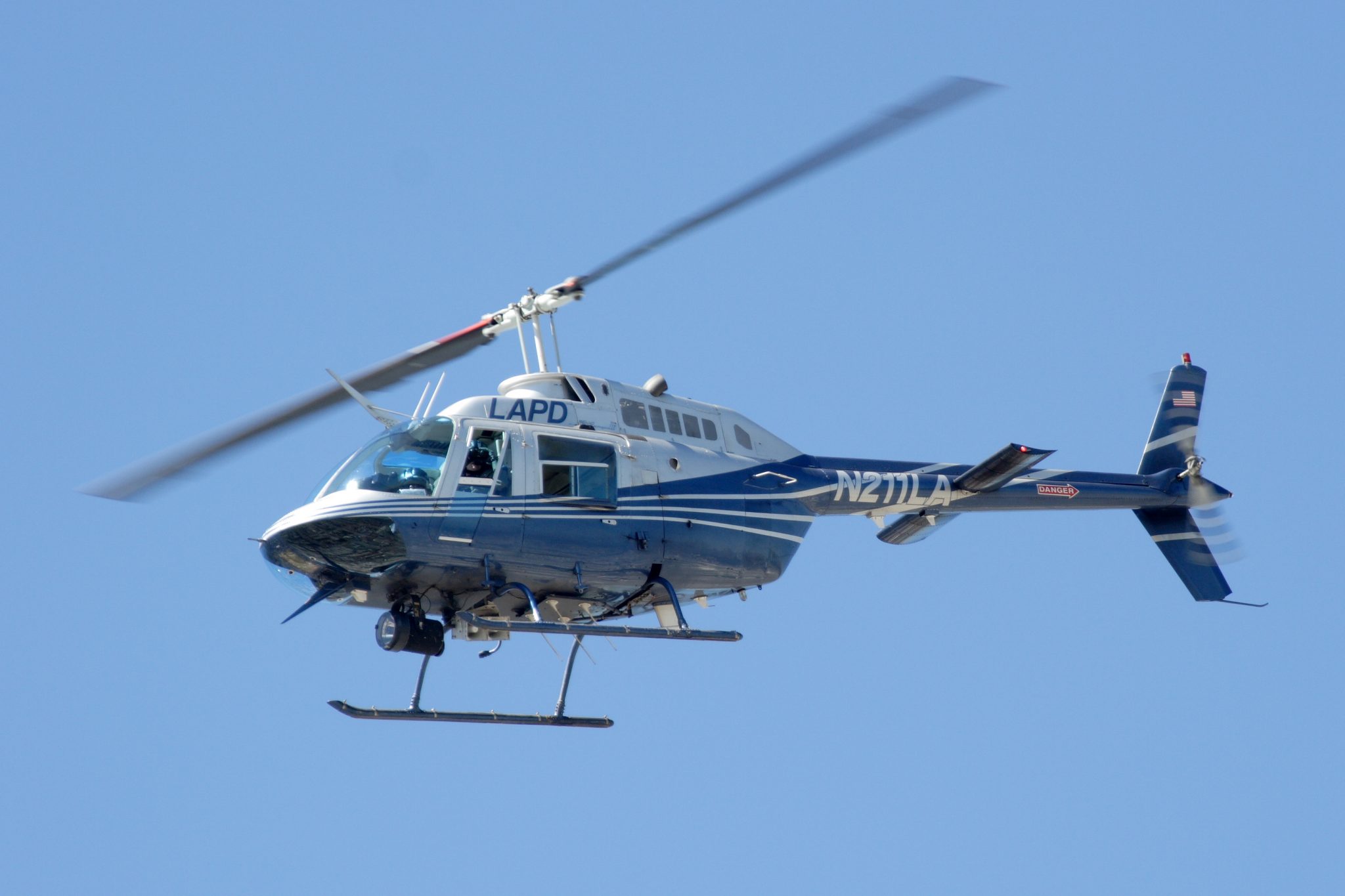Helicopter Operators Reject $300 Landing Fees
Helicopter operators in Nigeria have rejected the newly imposed landing fees by the Nigerian Airspace Management Agency.
The Ministry of Aviation and Aerospace Development has insisted that helicopter operators must pay the newly introduced $300 landing charge, which a private company, NAEBI Dynamic Concept Limited, is billed to collect on behalf of the Federal Government.
The ministry explained that the introduction of helicopter landing levies, which is in line with international best practices, was to enhance the quality of helicopter operations as a cost recovery measure.
This, in turn, has influenced the decision of petroleum unions to go on strike. While rejecting the new charge, NUPENGASSAN said that it would pose a grave threat to the sustainability and viability of the helicopter transport sector, which is critical to Nigeria’s oil and gas industry.
The union said, “We strongly condemn this decision by the Federal Ministry of Aviation to impose exorbitant fees on helicopter operators during this period of economic hardship on businesses and the citizenry.”
A representative of a domestic helicopter operator, speaking anonymously to our correspondent, questioned the legitimacy and necessity of the agreement.
“The first red flag is when the Ministry of Aviation entered into an agreement with a private company. Why should the ministry be entering contracts directly with a private company for the collection of landing charges?” the representative stated.
He expressed confusion over the services the Nigerian Airspace Management Agency provided that justify the new charges, especially since they already pay the Federal Airports Authority of Nigeria for every landing at federal facilities.
“The first question is, what service are you providing to us? because we are already paying FAAN every time we land at any federal government facility,” the representative noted.
“Further complicating the issue is the imposition of a flat fee of $300 for helicopter landings, regardless of the aircraft’s weight.
“A user charge is determined, primarily, by the weight because that is what affects the runway. So the landing charge that a 737 will pay is not the same as an Airbus 330. It is determined by the weight of the aircraft. So when did they come up with a flat fee of $300?” the representative asked, pointing out the disparity in charges between small helicopters and large commercial jets.
He was also bewildered by the requirement to pay in US dollars for domestic flights. “Why are you asking the payment to be in US dollars for a domestic flight? This is not a flight coming from abroad.”
The representative emphasised that the issue is not about avoiding payment but ensuring that payments are made to the appropriate authorities.
“The argument is not that helicopters do not want to pay landing charges. It is the fact that we want to pay to the owners of the facility that we are using, and we are paying already to FAAN.”
Allegations of fraudulent practices have also been raised, questioning the legality of making payments to a private company’s account instead of the FG’s Treasury Single Account.
“We said NAMA cannot collect any payments because they do not own any facility, and if we assume that they own a facility, why should the payments be made to NAEBI’s account? It is fraud. The money should be paid into the Federal Government’s account while the federal government pays its agents as they claim. It is illegal and fraudulent to pay into a private account when there is a Treasury Single Account.”
The former Managing Director of NAMA, Roland Iyayi, who revealed that operators are planning a meeting with the Minister of Aviation, who is currently in Riyadh.
“These operators are scheduled to have a meeting with the minister, but he’s in Riyadh now. The plan is that they are not going to pay. The petroleum unions are threatening to go on strike.
“You can’t be asking people to pay for something they already paid for, and then they are using a private company to collect fees. Helicopter landing fees have already been charged by FAAN. So what are you charging them for?” he noted.
Chairman of United Nigeria Airlines, Obiora Okonkwo, emphasised the importance of adhering to international regulations.
“We have ICAO rules that say every income or charge should be for cost recovery. For you to impose those charges, you must provide corresponding services.
“The Nigerian aviation sector already has the highest number of charges in Africa. Operators are already being suffocated. Any new or additional charges should not add stress to the operators.”
President of the Association of Foreign Airlines and Representatives in Nigeria, Kingsley Nwokoma, called for a balanced approach.
“All the parastatals have different charges from NCAA to NAMA to FAAN. So for the helicopter sector, I don’t think there should be any difference.
“What is important is a win-win situation for everybody, with safety being a hundred per cent intact. Everybody knows that times are hard, so whatever fees the authorities demand, the authorities must be considerate.
“Let the agency let them know why it’s important for these charges to be paid. So that if they have reservations. That is how it’s done. They have to carry everybody along.
“If you’re charging for a purpose, it should be for the betterment of the industry. We need to see the reflection of these charges on the industry,” he said during a phone interview.
Responding to the criticism, Tunde Moshood, the Special Assistant on Media and Communications to the Aviation Minister, Festus Keyamo, defended the policy.
“It is not the first time this has happened; it has happened in other places abroad. NAMA is empowered under the act for this.
“There is also a press statement that is saying that this helicopter operators have to abide,” he added.





